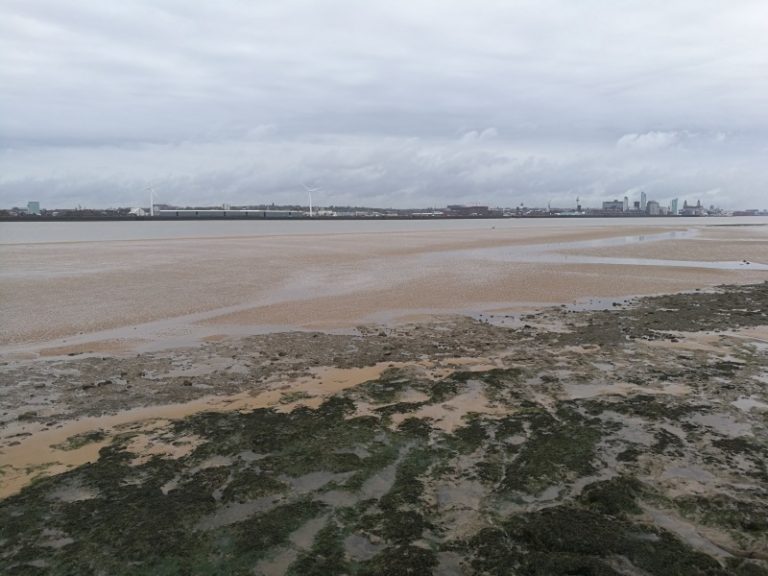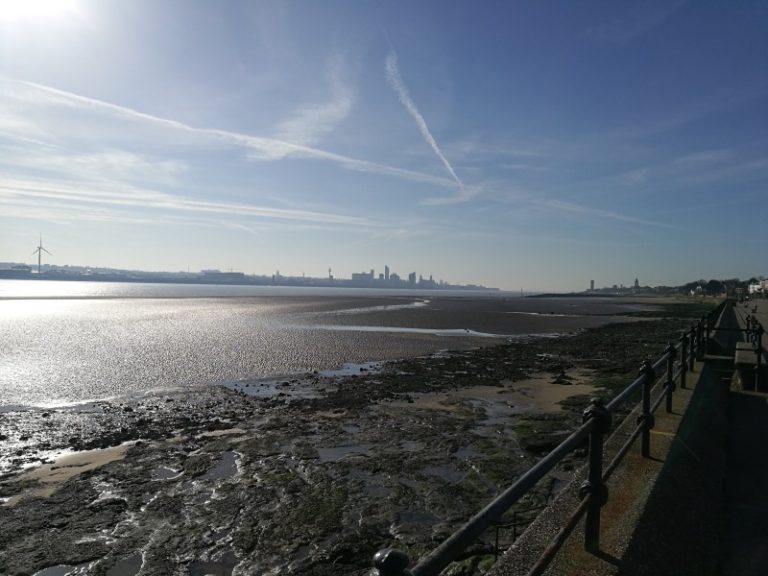The Flipside of Blame
Outside of the usual typos and copyediting, my biggest corrections were to rewrite two chapters. They followed a similar flow, two case studies using a process I’d developed. My examiners were happy with the result, but not with how it was set out. It took me several weeks to re-arrange the model I had in my head. Thankfully, the second chapter was much easier to write once the first had been done.
Last year, sharing this story with a PhD candidate they asked, “So who was to blame? Your supervisor? They should have caught it, right?”
Wrong. My supervisor was responsible for giving me feedback, and he did. He told me that those chapters explained the process that I had developed, which they did.
“Well, your examiners then, they were just being harsh.”
No, they were doing their jobs. They fulfilled their roles perfectly. They asked for corrections to help make my thesis the best it could be.
I was to blame for my corrections…
…and the flipside of blame is responsibility.
I was responsible for writing my thesis, and I was responsible for ensuring it was the best it could be for submission. No-one else. The chapters needed something. I could have spotted that. I could have seen that my descriptions, while accurate, were missing a lot of the terminology and rigour that was appropriate. It was hidden in the background, when I needed to bring it front and centre.
Blame and responsibility are shadows of the same thing. It depends where you position yourself to look at the situation. You’re responsible for your corrections…
…and you’re to blame for how good your research is overall.


